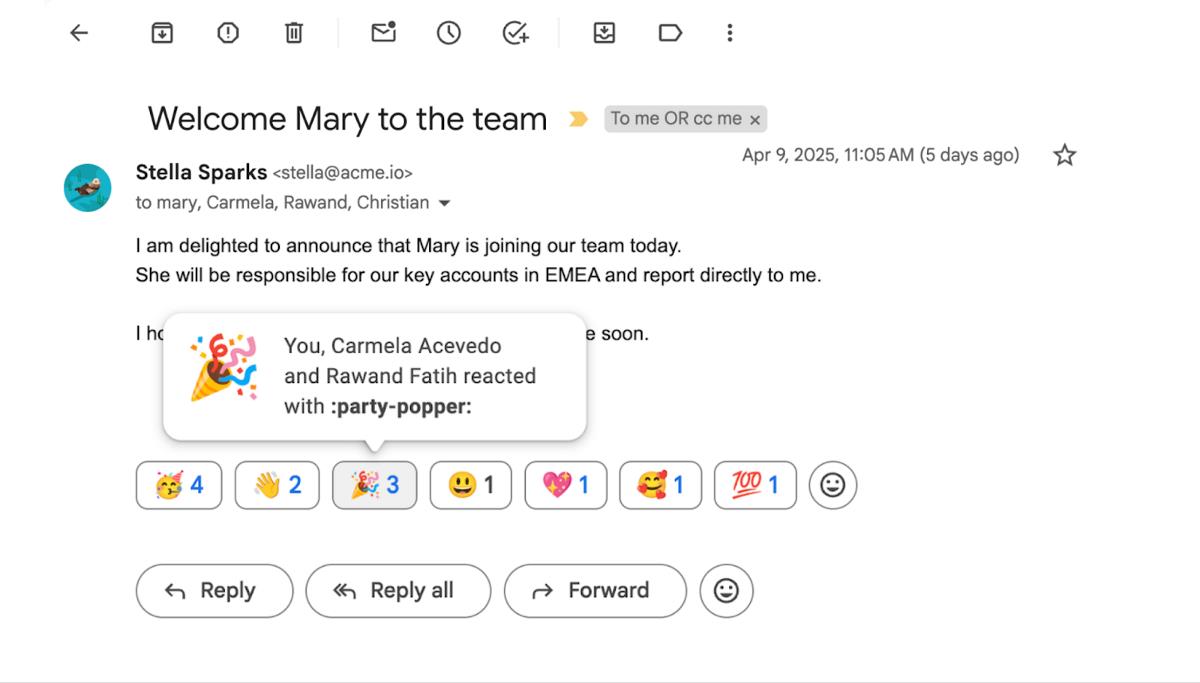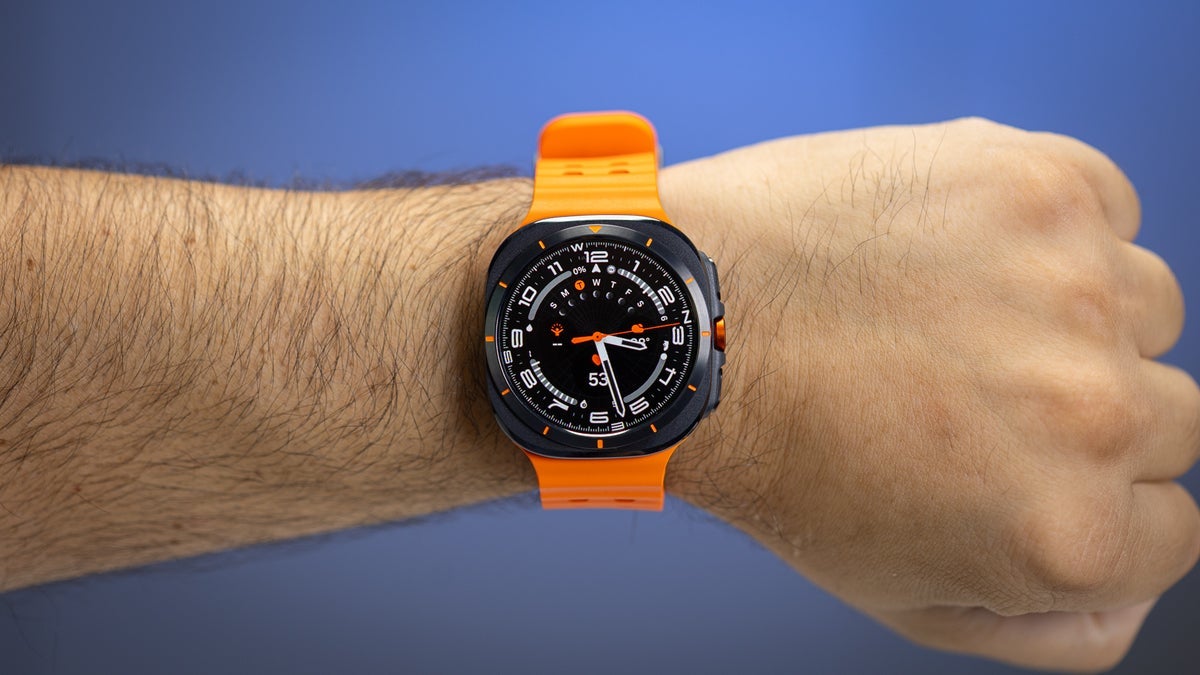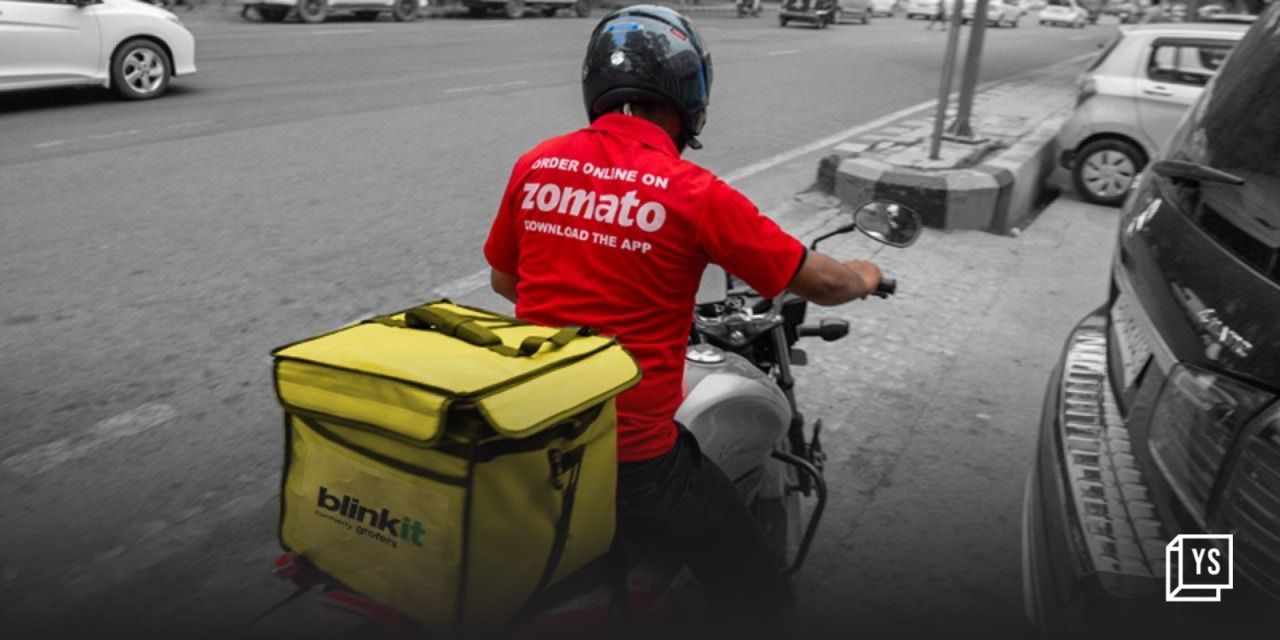Must-Have Security Features for a Safe and Reliable Event Registration Platform
In an age where data breaches and cyber threats make daily headlines, securing attendee data and ensuring safe transactions have become top priorities for event organizers. Whether you're managing a small networking event or a large-scale conference, your registration platform must be fortified with robust security features to protect sensitive information and maintain attendee trust. This article explores the essential security features every event registration platform should offer—and why they’re more important than ever in today’s digital landscape. 1. SSL Encryption for Data Transmission Secure Sockets Layer (SSL) encryption is the foundation of a safe online experience. It ensures that all data transmitted between the user's browser and the registration platform’s servers is encrypted, preventing interception by hackers. An SSL-secured platform uses HTTPS instead of HTTP, which encrypts user information like names, emails, phone numbers, and payment details. If your registration site doesn’t use HTTPS, it’s a major red flag for both security and credibility. What to Look For: HTTPS in the website URL Valid SSL certificate issued by a trusted authority Encryption level of at least 256-bit 2. PCI Compliance for Payment Security If your platform processes payments, it must comply with the Payment Card Industry Data Security Standard (PCI DSS). This standard outlines how to securely handle credit card information to prevent fraud, identity theft, and chargebacks. A PCI-compliant platform ensures: Secure storage and transmission of payment data Use of tokenization to replace sensitive card details with unique identifiers Routine security audits and vulnerability scans Pro Tip: Even if payments are processed through a third-party gateway like Stripe or PayPal, ensure the platform itself integrates securely with these services. 3. Two-Factor Authentication (2FA) Two-factor authentication adds a critical layer of protection for both event organizers and attendees. With 2FA, users must verify their identity using something they know (a password) and something they have (a code sent to their mobile device). For event organizers, enabling 2FA for admin access helps prevent unauthorized logins. For attendees, 2FA can be used during ticket transfers, check-ins, or account creation to ensure security across touchpoints. 4. Secure Data Storage and Backups Attendee data—including names, emails, phone numbers, and even passport numbers for international events—is sensitive and must be securely stored. Ensure your registration platform: Uses encrypted databases Limits internal access via role-based permissions Regularly backs up data to prevent loss during server crashes or cyber attacks Ideally, data should be stored in compliance with international privacy laws and best practices. 5. GDPR and CCPA Compliance Data protection isn’t just good practice—it’s the law. The General Data Protection Regulation (GDPR) in Europe and the California Consumer Privacy Act (CCPA) in the U.S. govern how personal data should be collected, stored, and used. A compliant registration platform should: Obtain clear, explicit consent from users before collecting data Allow users to opt out or delete their data upon request Provide transparent privacy policies Offer access logs and user data reports Failure to comply with these regulations can result in heavy fines and damage to your brand’s reputation. 6. Spam and Bot Protection Open registration forms are vulnerable to spam bots that can flood your system with fake signups, leading to distorted attendee data and wasted resources. Look for platforms with: CAPTCHA or reCAPTCHA verification Honeypot fields that trap bots IP blocking or throttling to prevent brute-force attacks These measures help maintain clean, accurate registration data and protect your system from abuse. 7. Role-Based Access Control (RBAC) Not everyone involved in your event needs access to all data. A platform with role-based access control lets you assign permissions to different team members based on their responsibilities. For example: Event managers can access all settings Volunteers can only see check-in data Marketing teams can view analytics but not payment info RBAC reduces the risk of accidental data exposure and limits the damage of compromised accounts. 8. Audit Logs and Real-Time Monitoring Visibility is key in security. Audit logs track who accessed what, when, and from where. In the event of suspicious activity or a breach, these logs can help you investigate and respond quickly. Some platforms also offer real-time security alerts and monitoring, allowing you to take action the moment a threat is detected. 9. Data Anonymization and Masking For analytics purposes, platforms often collect large sets of user data. However, identifiable information should be anonymized or ma
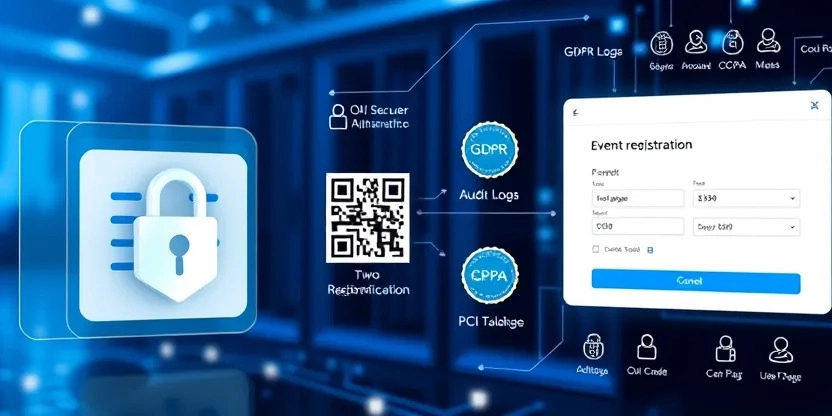
In an age where data breaches and cyber threats make daily headlines, securing attendee data and ensuring safe transactions have become top priorities for event organizers. Whether you're managing a small networking event or a large-scale conference, your registration platform must be fortified with robust security features to protect sensitive information and maintain attendee trust.
This article explores the essential security features every event registration platform should offer—and why they’re more important than ever in today’s digital landscape.
1. SSL Encryption for Data Transmission
Secure Sockets Layer (SSL) encryption is the foundation of a safe online experience. It ensures that all data transmitted between the user's browser and the registration platform’s servers is encrypted, preventing interception by hackers.
An SSL-secured platform uses HTTPS instead of HTTP, which encrypts user information like names, emails, phone numbers, and payment details. If your registration site doesn’t use HTTPS, it’s a major red flag for both security and credibility.
What to Look For:
- HTTPS in the website URL
- Valid SSL certificate issued by a trusted authority
- Encryption level of at least 256-bit
2. PCI Compliance for Payment Security
If your platform processes payments, it must comply with the Payment Card Industry Data Security Standard (PCI DSS). This standard outlines how to securely handle credit card information to prevent fraud, identity theft, and chargebacks.
A PCI-compliant platform ensures:
- Secure storage and transmission of payment data
- Use of tokenization to replace sensitive card details with unique identifiers
- Routine security audits and vulnerability scans
Pro Tip: Even if payments are processed through a third-party gateway like Stripe or PayPal, ensure the platform itself integrates securely with these services.
3. Two-Factor Authentication (2FA)
Two-factor authentication adds a critical layer of protection for both event organizers and attendees. With 2FA, users must verify their identity using something they know (a password) and something they have (a code sent to their mobile device).
For event organizers, enabling 2FA for admin access helps prevent unauthorized logins. For attendees, 2FA can be used during ticket transfers, check-ins, or account creation to ensure security across touchpoints.
4. Secure Data Storage and Backups
Attendee data—including names, emails, phone numbers, and even passport numbers for international events—is sensitive and must be securely stored.
Ensure your registration platform:
- Uses encrypted databases
- Limits internal access via role-based permissions
- Regularly backs up data to prevent loss during server crashes or cyber attacks
Ideally, data should be stored in compliance with international privacy laws and best practices.
5. GDPR and CCPA Compliance
Data protection isn’t just good practice—it’s the law. The General Data Protection Regulation (GDPR) in Europe and the California Consumer Privacy Act (CCPA) in the U.S. govern how personal data should be collected, stored, and used.
A compliant registration platform should:
- Obtain clear, explicit consent from users before collecting data
- Allow users to opt out or delete their data upon request
- Provide transparent privacy policies
- Offer access logs and user data reports
Failure to comply with these regulations can result in heavy fines and damage to your brand’s reputation.
6. Spam and Bot Protection
Open registration forms are vulnerable to spam bots that can flood your system with fake signups, leading to distorted attendee data and wasted resources.
Look for platforms with:
- CAPTCHA or reCAPTCHA verification
- Honeypot fields that trap bots
- IP blocking or throttling to prevent brute-force attacks
These measures help maintain clean, accurate registration data and protect your system from abuse.
7. Role-Based Access Control (RBAC)
Not everyone involved in your event needs access to all data. A platform with role-based access control lets you assign permissions to different team members based on their responsibilities.
For example:
- Event managers can access all settings
- Volunteers can only see check-in data
- Marketing teams can view analytics but not payment info
RBAC reduces the risk of accidental data exposure and limits the damage of compromised accounts.
8. Audit Logs and Real-Time Monitoring
Visibility is key in security. Audit logs track who accessed what, when, and from where. In the event of suspicious activity or a breach, these logs can help you investigate and respond quickly.
Some platforms also offer real-time security alerts and monitoring, allowing you to take action the moment a threat is detected.
9. Data Anonymization and Masking
For analytics purposes, platforms often collect large sets of user data. However, identifiable information should be anonymized or masked when not necessary for direct interaction.
This means:
- Removing or encrypting names, emails, and contact details
- Presenting data in aggregate form for reporting
- Deleting old or unused data after a specific retention period
This reduces the chance of sensitive data being exposed in the case of a breach.
10. Regular Security Updates and Penetration Testing
Security is not a one-time setup—it’s an ongoing process. The best registration platforms commit to continuous improvement, regularly releasing updates to patch vulnerabilities and testing their systems against evolving threats.
Ask your vendor:
- How often they run security audits
- Whether they perform third-party penetration tests
- How they communicate security updates to clients
A proactive approach to security can save you from reactive damage control later.
Conclusion
In the digital era, trust is currency—and nothing erodes trust faster than a data breach or security lapse. For event organizers, choosing a secure registration platform isn't optional—it's essential. From SSL encryption and PCI compliance to role-based access and GDPR adherence, every layer of protection contributes to a safer, more reliable event experience.
Before selecting or renewing your platform, conduct a thorough security review. Your attendees are entrusting you with their personal and financial information—make sure that trust is well-placed.




















































_courtesy_VERTICAL.jpg)




















































































































![[The AI Show Episode 145]: OpenAI Releases o3 and o4-mini, AI Is Causing “Quiet Layoffs,” Executive Order on Youth AI Education & GPT-4o’s Controversial Update](https://www.marketingaiinstitute.com/hubfs/ep%20145%20cover.png)












































































































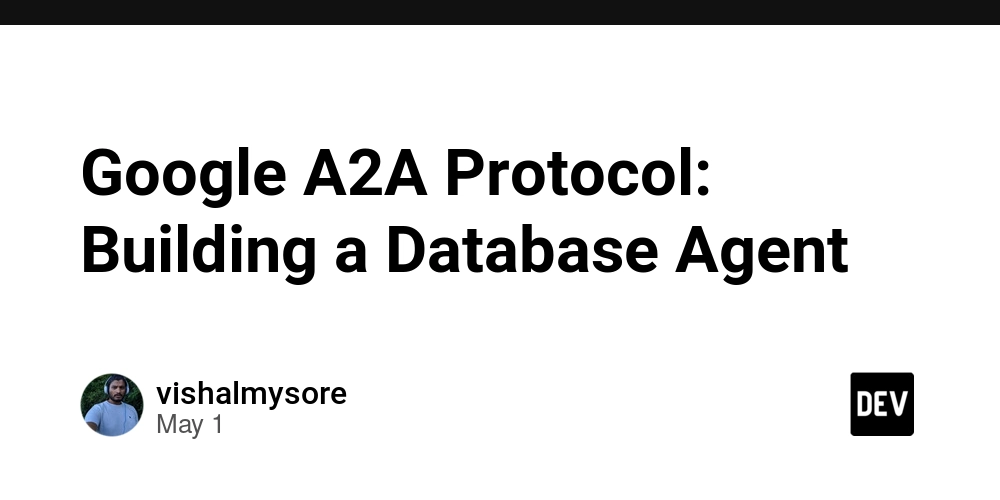

















![[DEALS] Mail Backup X Individual Edition: Lifetime Subscription (72% off) & Other Deals Up To 98% Off – Offers End Soon!](https://www.javacodegeeks.com/wp-content/uploads/2012/12/jcg-logo.jpg)














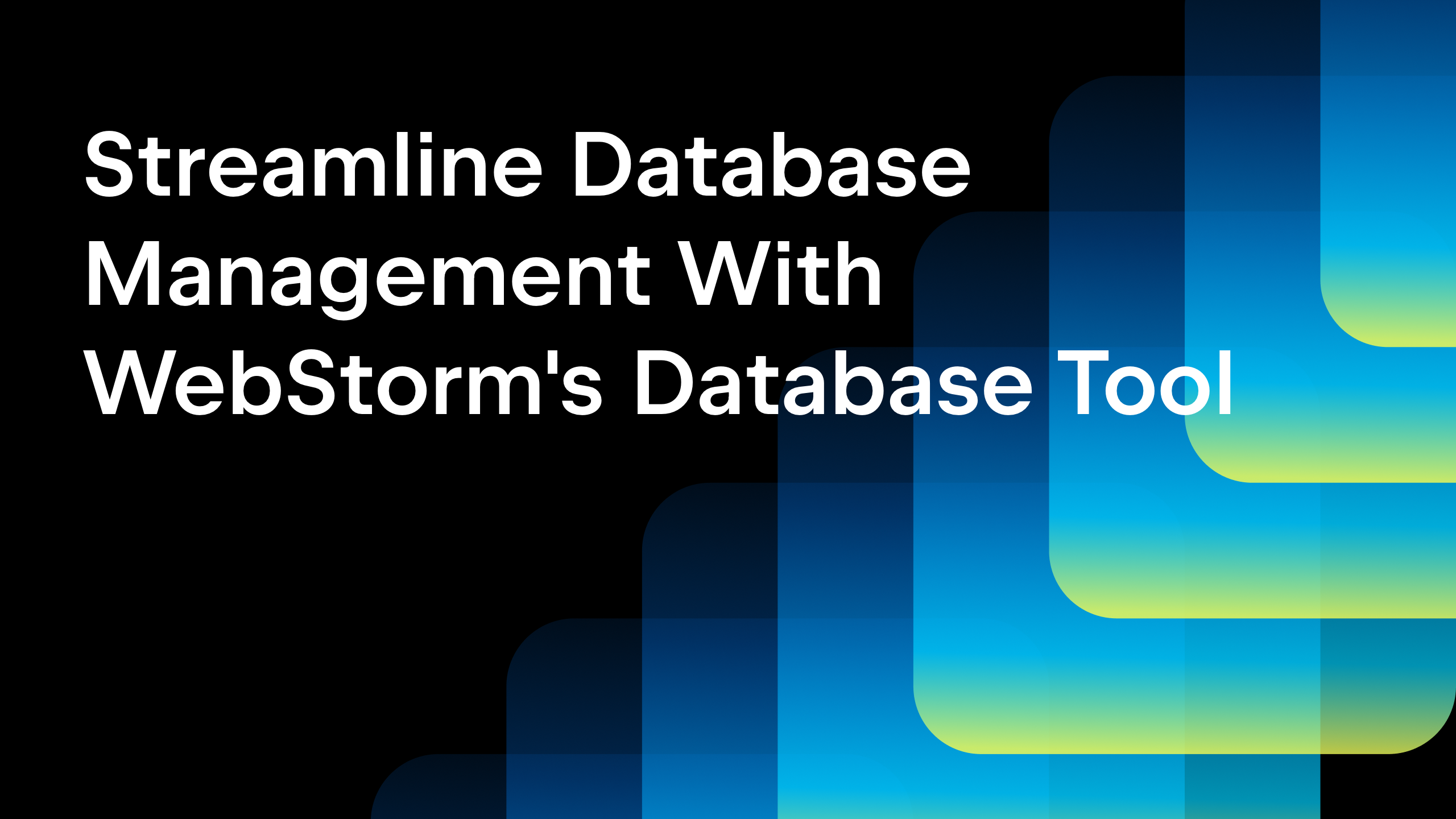














































































































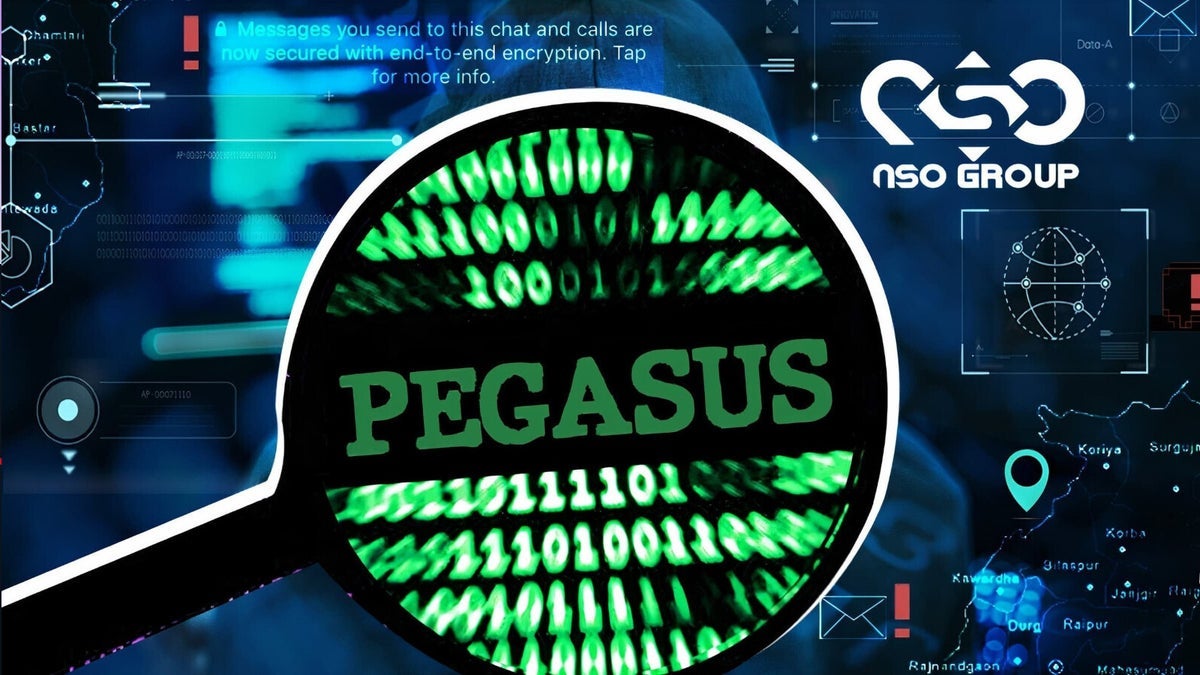
![Google reveals NotebookLM app for Android & iPhone, coming at I/O 2025 [Gallery]](https://i0.wp.com/9to5google.com/wp-content/uploads/sites/4/2025/05/NotebookLM-Android-iPhone-6-cover.jpg?resize=1200%2C628&quality=82&strip=all&ssl=1)












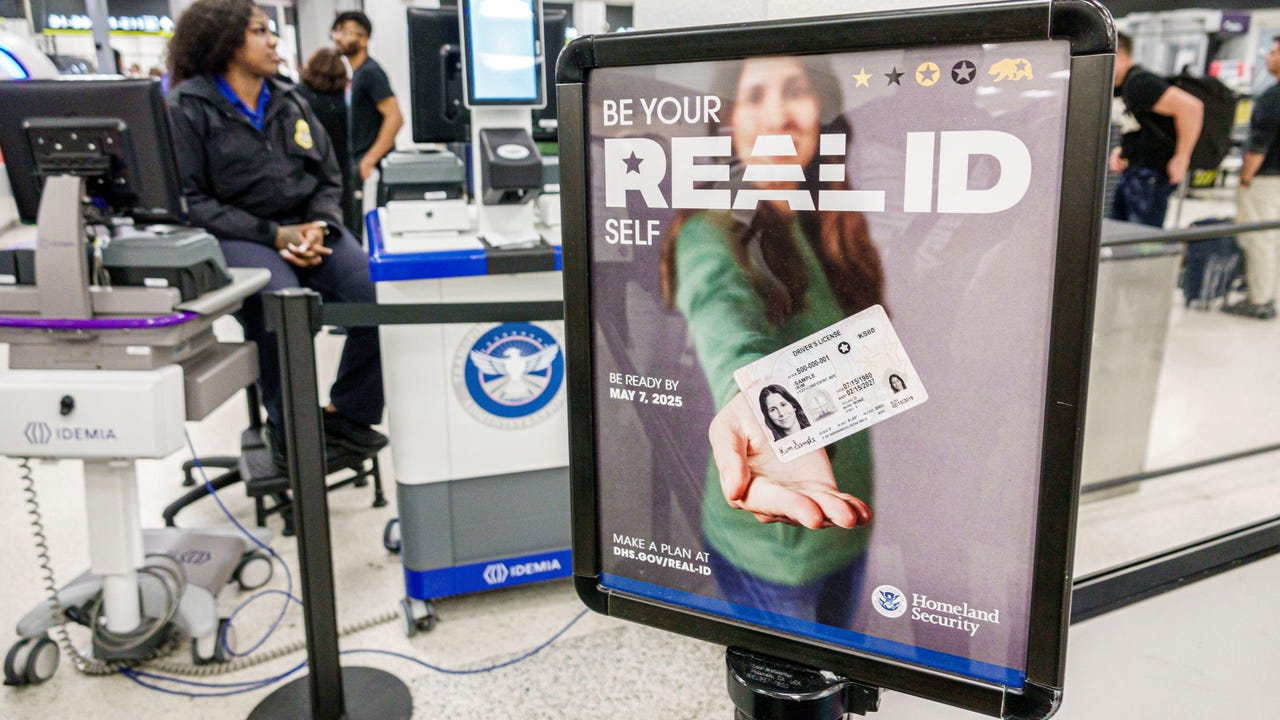























































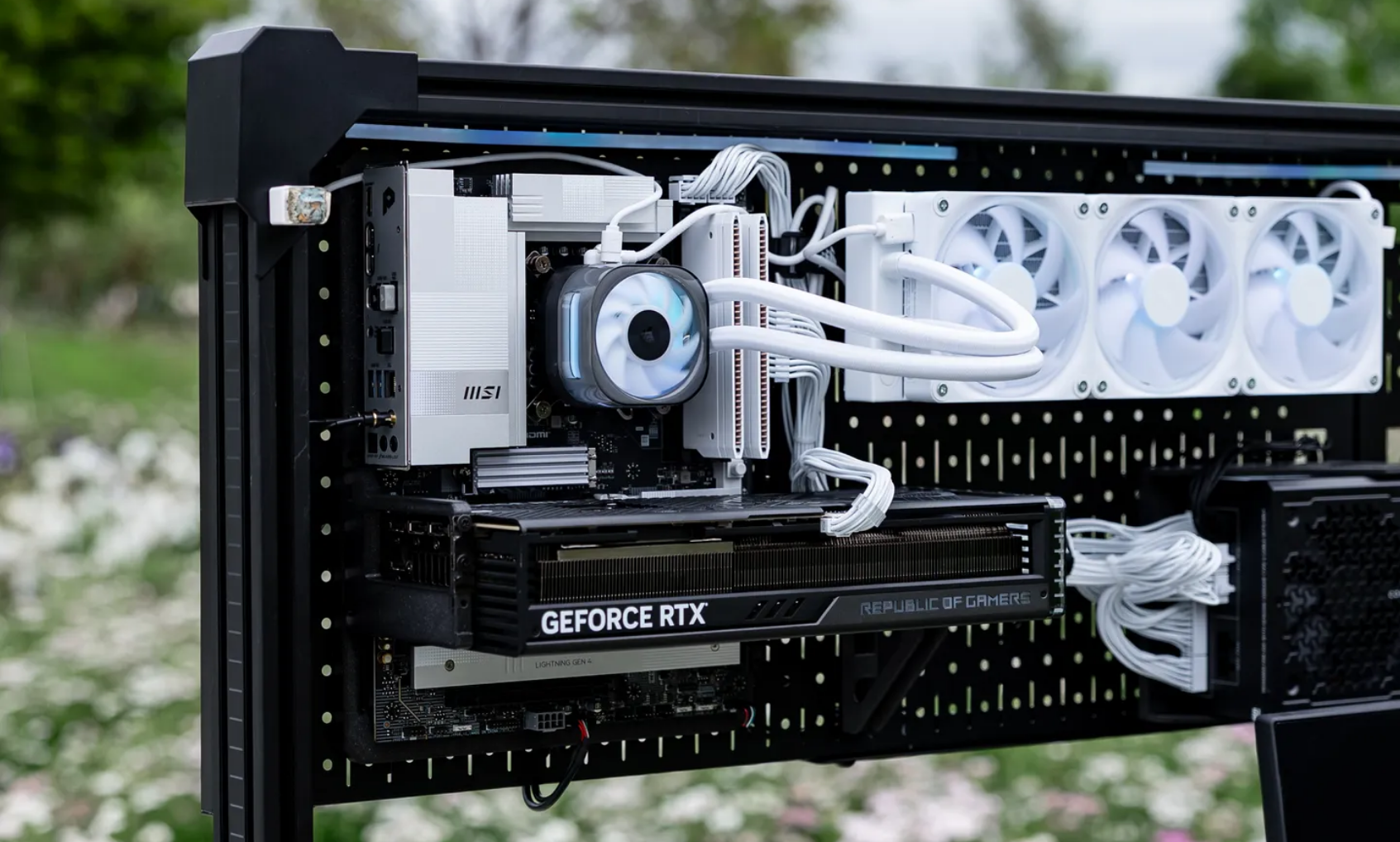




















































![Apple Reports Q2 FY25 Earnings: $95.4 Billion in Revenue, $24.8 Billion in Net Income [Chart]](https://www.iclarified.com/images/news/97188/97188/97188-640.jpg)























